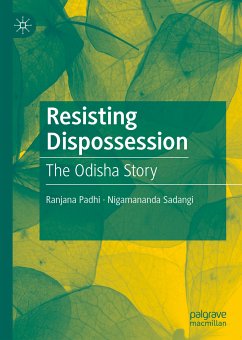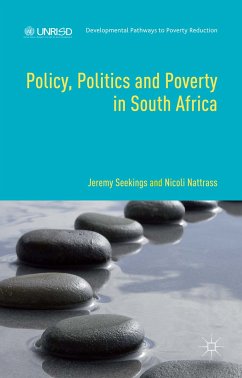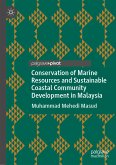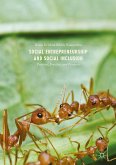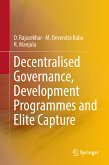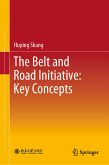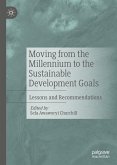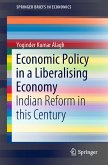The authors have chronicled the development trajectory from the construction of the Hirakud Dam in the 1950s to the entry of corporations like POSCO and Vedanta in contemporary times. It thus covers extensive ground in interrogating the nature of industrialization being ushered into the state from post-independent India till today.
The book depicts how and why people resist the development juggernaut in a state marked with endemic poverty. In unraveling this complex reality, the book conveys the world view of a vast section of people whose lives and livelihoods are tied up to land, forests, mountains, seas, rivers, lakes, ponds, trees, vines and bushes. These narratives fill a yawning gap in resistance literature in the context of Odisha. In doing so, they resonate with the current predicament of people in other mineral-rich states in Eastern India. The book is an endeavour to bring Odisha on the map of resistance politics and social movements in India and across the world.
Dieser Download kann aus rechtlichen Gründen nur mit Rechnungsadresse in A, B, BG, CY, CZ, D, DK, EW, E, FIN, F, GR, HR, H, IRL, I, LT, L, LR, M, NL, PL, P, R, S, SLO, SK ausgeliefert werden.

